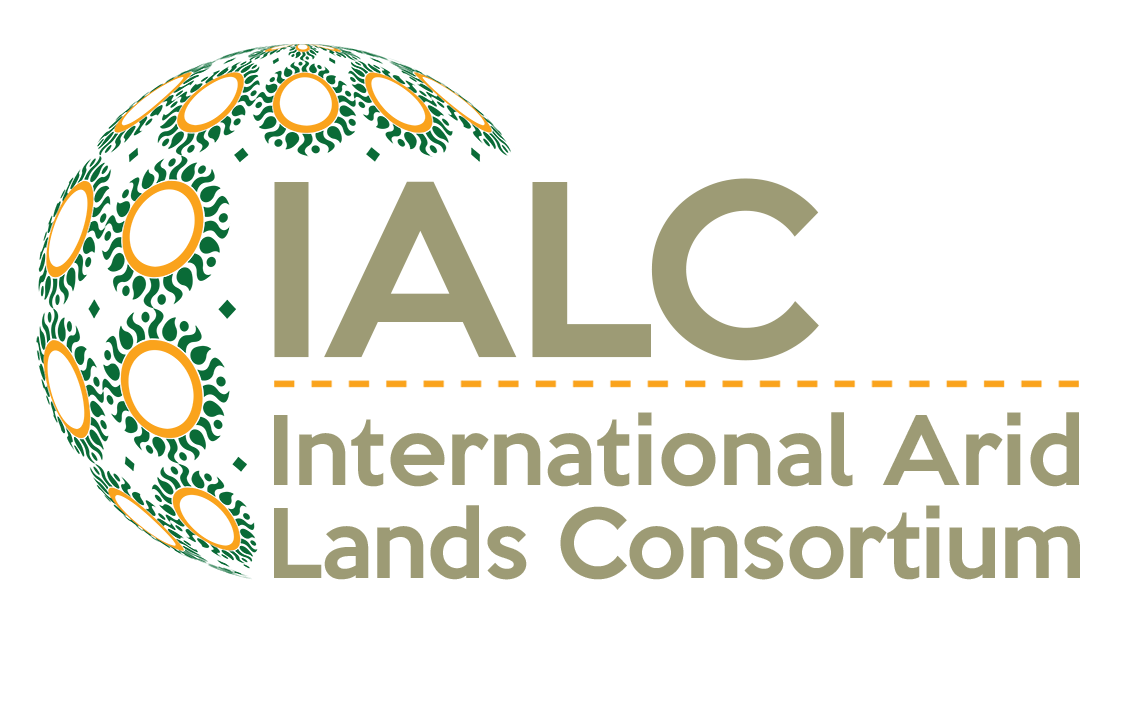The Use of Recycled Drainage Water in Pepper and Tomato Grown in Intact Medium
Investigators (most current known information)
Proposal Abstract
The use of recycled solutions in greenhouses saves water and fertilizers' input and reduces environmental contamination by excess nitrates and phosphor. This demonstration project was founded on a basic research conducted at basic research institute (Bet-Dagan and Neveh-Ya'ar), aiming to implement the results obtained there, to demonstrate there validation on a semi-commercial scale at the Besor regional experimental and demonstration station in the western Negev. The aim of this model project was to serve farmers that grow crops in greenhouses in the Negev region. The general objective was to demonstrate a water and fertilizers' recycling system in commercial cultivation of Pepper and Tomato in greenhouses in the Besor region.
During the summer in 2003 the physical infrastructure to demonstrate the use of recycled drainage water was established. A separate system that included the following components was built for each crop (tomato, pepper): growth containers, growth medium, an irrigation system and a system to collect drainage water. The recycling system for both crops was activated about two weeks after planting. Based on a preliminary experiment, a maximal EC value was determined for each crop. The determined EC threshold values were 2.7 and 4.0 for pepper and 4.0 for tomato. In the tomato model, in addition to the recycling system (RS), an open system (OS) without drainage recycling was presented, To enable maintaining the above values for prolonged periods of time, water release from the system whenever drainage water reached these values. Indeed, as can be seen from the results, the two crops grown in the demonstration system showed 3 main advantages:
- Significant water saving (about 50% in comparison to conventional technologies);
- Significant saving in fertilizers (50-70%); and
- A significant reduction of soil and underground contamination due to a significant reduction in disposal of salts to the environment.
These advantages were presented to growers with emphasize on the fact that this technology does not impair the crop or its quality. In the demonstrator’s opinion, the wide exposure of the project to various public sectors will bear fruit in the near future.
Outcome
Article in Journals
Findings of project will be published soon in a professional report. About 1,500 copies will be distributed to all growers in the region, extensionists of the Ministry of Agriculture, and researchers at the Agricultural Research Organization.
Presentation
Finds were presented at several professional forums of the annual seasonal conferences conducted by the Israel Ministry of Agriculture.
Visitors to Besor Farm
Many visitors come to the Besor farm during the season: growers, extensionists, researchers, training groups from Israel and abroad and various decision makers in the agricultural administration in Israel. In addition, about 1,400 people visited the farm in an open day held in January 2004. Ecological aspects were emphasized to visitors in the pepper and tomato demonstration project.
Website
The project results are at the R&D Website: www.mopdarom.org.il including invitation of growers in the region for guided tours.

